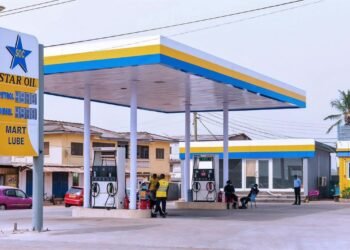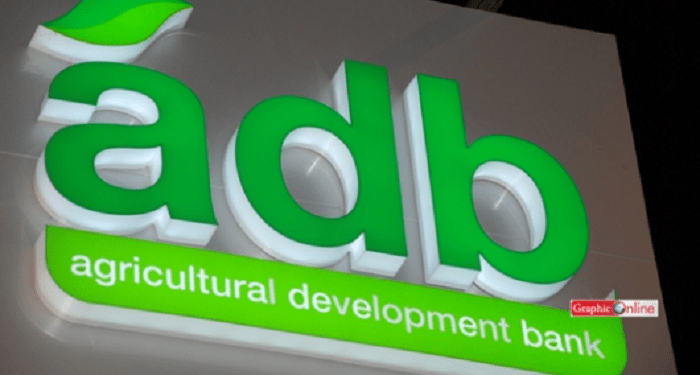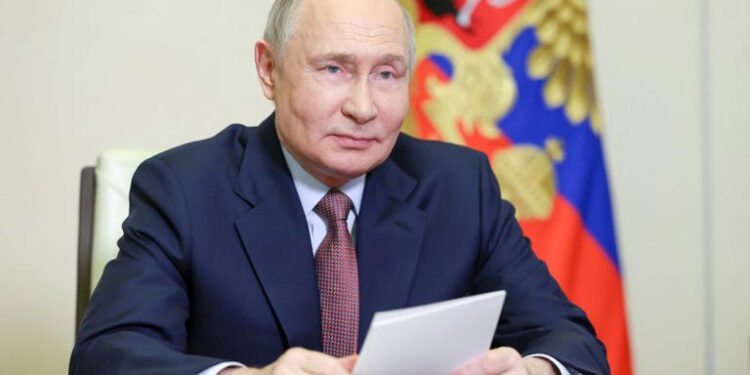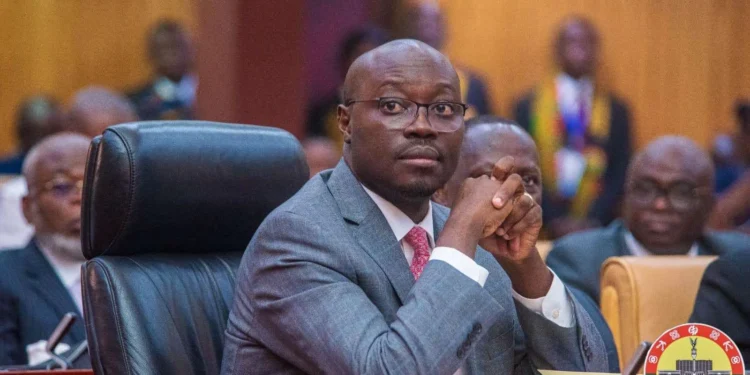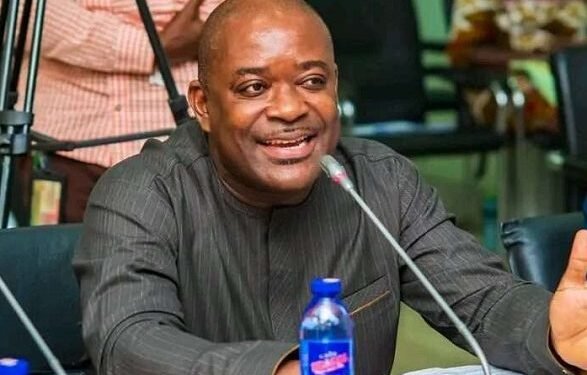Nigeria’s government has entered discussions with China’s Export-Import Bank for a $2 billion financing deal to construct a new “super grid”, a major infrastructure project aimed at stabilizing the country’s fragile electricity supply and reviving industrial productivity.
The announcement was made by Minister of Power, Adebayo Adelabu, during the 2025 Economic Summit in Abuja. He revealed that the proposed super grid will serve as a high-capacity transmission backbone linking the eastern and western industrial corridors of Africa’s most populous nation.
According to the minister, the project will play a pivotal role in decentralizing power generation, strengthening distribution, and encouraging industrial consumers who had previously abandoned the unreliable national grid to reconnect.
“It’s part of plans to decentralize power generation in Nigeria and get the heavy commercial users that left the power grid because of its unreliability to return.”
Minister of Power, Adebayo Adelabu
Urgent Need of Reform
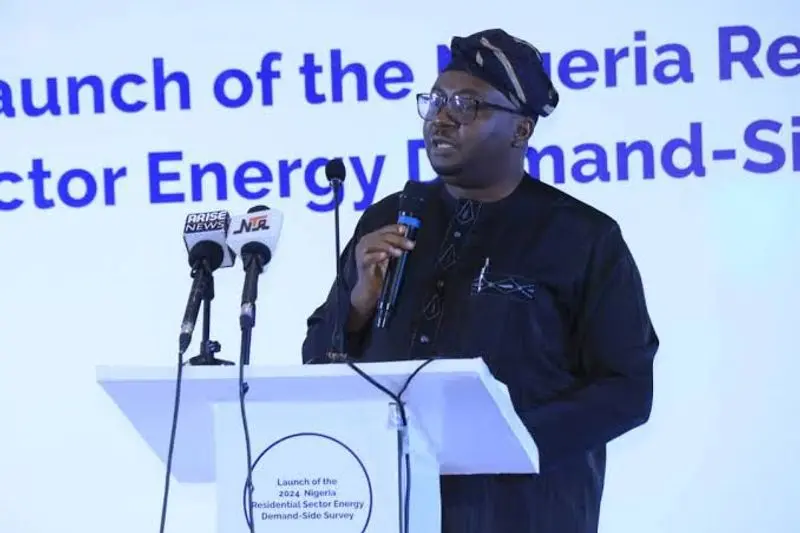
Nigeria’s electricity sector has long been one of the country’s most pressing economic challenges.
Despite boasting an installed generation capacity of around 13 gigawatts (GW), only a third of that capacity is regularly available on the national grid, leaving more than 200 million Nigerians grappling with frequent power outages.
The national grid’s fragility has led to repeated system collapses, which often plunge large parts of the country into darkness.
Businesses and households alike have been forced to rely heavily on self-generation through diesel generators and solar systems, which now accounts for nearly half of all electricity consumed nationwide, according to data from the Nigerian Electricity Regulatory Commission (NERC).
Mr. Adelabu described the super grid as a transformative intervention designed to address transmission bottlenecks and ensure that power generated from various sources including hydropower, gas, and renewables reaches the country’s growing industrial hubs.
“This super grid will enhance efficiency in power transmission and make sure the energy produced is effectively delivered to where it’s needed most.”
Minister of Power, Adebayo Adelabu
He added that the Federal Executive Council (FEC) has already granted approval for the financing structure, signaling the administration’s strong political will to move the project forward.
The project forms part of President Bola Ahmed Tinubu’s economic reform agenda, which seeks to modernize key infrastructure, remove distortions in energy pricing, and stimulate private investment.
The reforms, which have included removal of fuel subsidies and tax restructuring, are intended to stabilize public finances and attract capital inflows into sectors such as power, oil, and manufacturing.
Mr. Adelabu noted that recent policy adjustments have already begun to yield results.
“The introduction of cost-reflective tariffs for urban consumers has improved sector revenues significantly up by 70% in 2024, and we project a further increase of 41% this year to N2.4 trillion ($1.6 billion).”
Minister of Power, Adebayo Adelabu
Improved financial sustainability is essential for attracting foreign investment into Nigeria’s power sector, which requires billions of dollars in capital to achieve consistent and reliable supply.
Persistent Power Challenges

Nigeria’s grid failures have become a recurring feature of its energy landscape. In 2024 alone, the national grid suffered multiple partial and total collapses, with the most recent occurring in September, causing widespread blackouts across major cities.
In March 2024, a similar collapse plunged much of the country into darkness for several hours. Officials attributed the incidents to poor system maintenance, inadequate generation capacity, and aging infrastructure.
Currently, South Africa, with roughly one-quarter of Nigeria’s population, has an installed generation capacity exceeding 70 GW, highlighting the vast gap Nigeria must close to meet its development ambitions.
Experts argue that while generation capacity remains an issue, transmission inefficiency is the biggest obstacle. The super grid, therefore, represents a critical step toward addressing this imbalance.
Partnership with China Exim Bank

China’s Export-Import Bank (Exim Bank) has been a long-standing partner in Nigeria’s infrastructure development, financing major projects such as railways, airports, and hydropower plants.
The proposed $2 billion loan for the super grid is expected to be structured under favorable terms, with repayment tied to energy sector revenues.
According to Ministry of Power sources, the financing discussions also include potential collaboration with Chinese engineering firms that have experience in ultra-high-voltage transmission technology, a field in which China is a global leader.
Adelabu emphasized that the government’s engagement with China aligns with its pragmatic approach to infrastructure partnerships. “We are looking for sustainable financing models that deliver value without adding to Nigeria’s debt distress,” he said.
He assured that the government remains focused on transparency, accountability, and public-private cooperation in implementing the super grid project.
As Nigeria pushes forward with its energy transformation agenda, the proposed super grid could mark a defining moment in the country’s quest for reliable and affordable electricity.
READ ALSO: Market Cheers as Ghana’s Treasury Auction Breaks Four-Week Drought with 15.8% Oversubscription






